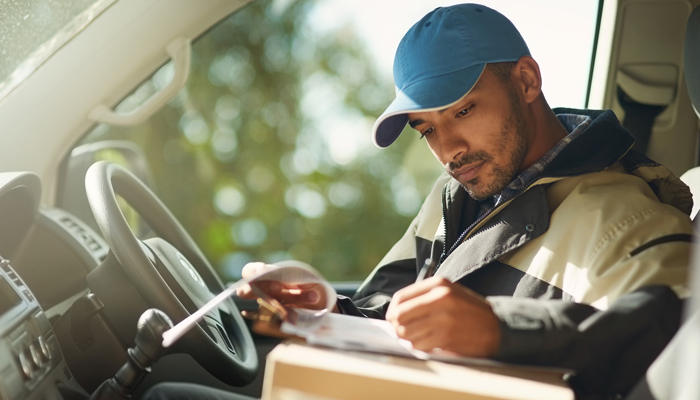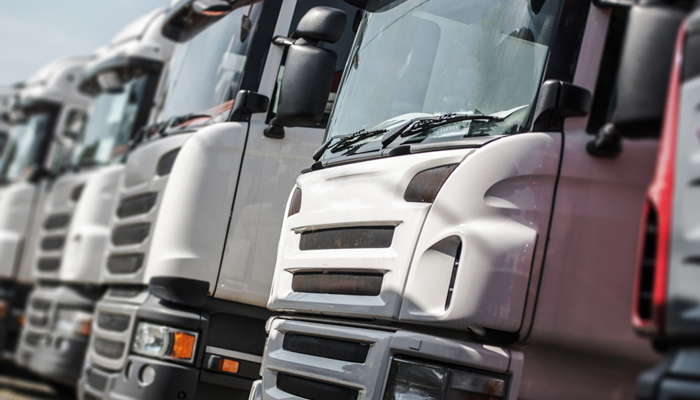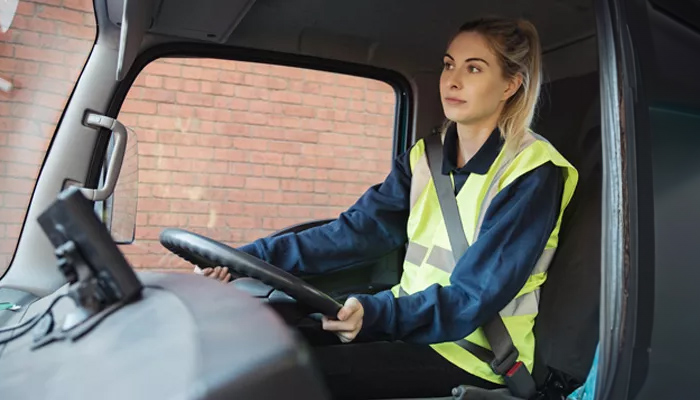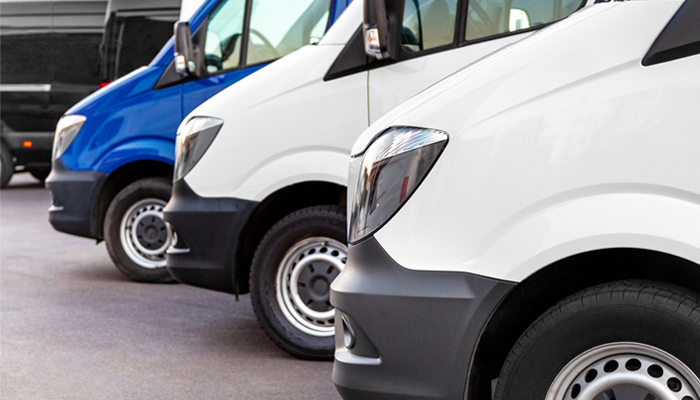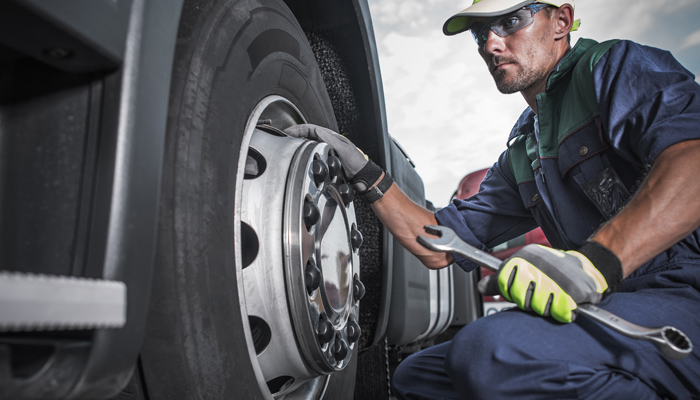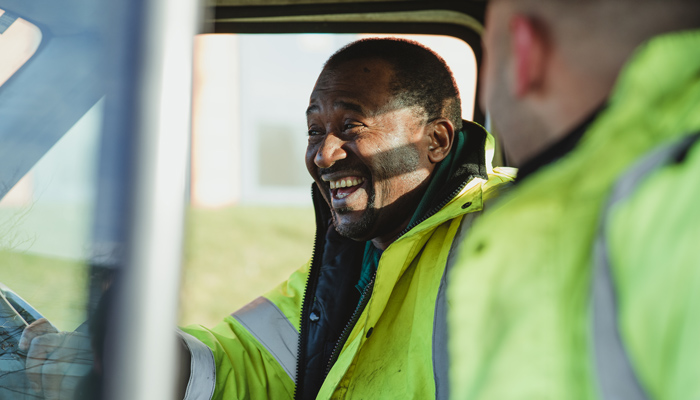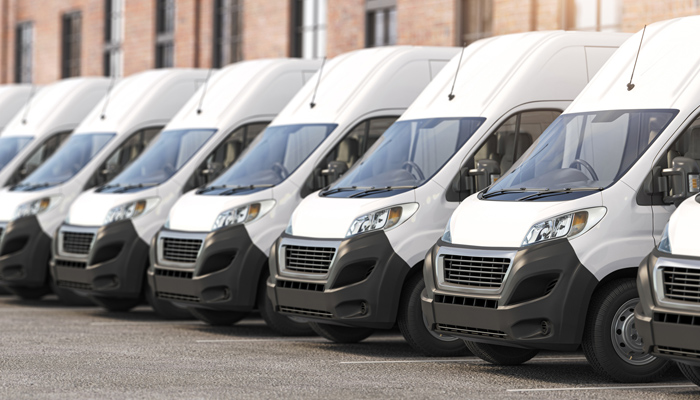The Advantages and Disadvantages of Installing a Dash Cam
Over the past 20 years, dash cams have become ever more widely available. Entry-level models are more affordable, there’s a much wider range of models available, and top-of-the-range models are now technically very sophisticated with some systems offering 360-degree coverage around your vehicle and GPS-enabled telematics.
Advantages of dash cams
The basic considerations relating to forward-facing cameras haven’t changed a great deal. Benefits of installing a forward-facing dash cam can be significant. These include:
- With a dash cam fitted, you, your insurers and / or the police may be less reliant on gathering evidence from third party witnesses at the scene of a crash or other criminal incident
- Dash cam footage can help insurers defend claims and assist with investigations into potential fraud rings and organised crime where a claim has been staged
- Footage also helps to swiftly resolve issues over liability which can save time and money and reduce costs such as loss of earnings and alternative vehicle hire
- Quicker claims settlement means claim-related reserves may impact your claims experience, and consequently your premiums, for a shorter time
- Dash cams can help encourage those behind the wheel to always drive safely, legally and with due consideration being given to other road users, particularly those that are vulnerable such as cyclists and pedestrians
- Recorded footage can be used by managers to support a conversation with a driver about improving driving style and behaviour
- It can reduce your insurance premium to install a dash cam.
Disadvantages of dash cams
Although there are many benefits of a dash cam there are a few things to consider. Some of the disadvantages of a dash cam include:
- They can be considered one-sided. Although dash cams can be very beneficial for providing evidence in the event of an incident they may not be able to tell you the whole story of what happened. For example, if a cat or other hazard wasn’t picked up in the footage due to the camera angle
- In some countries it is illegal to have a dash cam fitted into your car. In Austria, Portugal and some other countries failure to comply can result in fines or in extreme cases imprisonment so it is very prudent to do your research before purchasing a dash cam or traveling with your dash cam
- Privacy is a big factor to consider. As mentioned above they are banned in some countries and in some cases this is largely due to the danger of invading someone’s privacy
- Although dash cams can work in your favour when collecting evidence following an accident, they can also be used against you if it is found that you are at fault for the accident
- Dash cams can come with a hefty price tag however you can get cheaper models. It is worth considering whether you require some of the high-end features or if a simpler model will be fit for purpose.
- Dash cams can be a distraction while driving and can result in a £200 fine and six penalty points on your license if they obstruct your view of the road while driving according to the Highway Code
- Although some may find that having a dash cam can act as a deterrent to thieves, leaving your dash cam on display might encourage theft
Summary: Pros and cons of dash cams at a glance
It’s important to weigh up the pros and cons of dash cams. We’ve summarised some of the points
|
Pros of dash cams |
Cons of dash cams |
|
Can be more reliable than third party witnesses |
Can be one-sided and not accurately depict the whole story if something is out of the camera’s view |
|
Can prevent fraud as the rise of “staged” collisions rise |
Dash cams are banned in some countries |
|
Can help indicate who was at fault and who is liable |
It can be seen as an invasion of privacy
|
|
Can help reach a claim settlement quicker |
Can be used against you if you are involved in an accident which was your fault |
|
Can encourage drivers to drive safely |
Can be a distraction when driving |
|
Can be used as evidence if accused of dangerous driving in discussions with employers |
Can result in fines if not installed in the right place |
|
The presence alone of a dash cam can act as a deterrent from those looking to break into or vandalise your car |
Can attract thieves if in a visible place |
|
Can potentially help reduce your insurance premium |
Can be costly to buy depending on brand, model and features. |
Things to consider before purchasing a dash cam
- Make sure the picture quality is excellent. If number plates of other vehicles cannot be read and the footage is needed to support a legal case, then the evidence may not be admissible
- Make sure your dash cam is tamper-proof, that the data is secure, and is the best available to cater for GDPR obligations (see below)
- Make sure you buy a dash cam that does what you need. There’s no point in paying for extra functionality that you don’t need. On the other hand, the sophistication built into some models can prove invaluable to a business. Take time to compare specifications and functionality
- Dash cam evidence may be called upon by a third-party, or the police, and used against you. Do all you can to make sure you / your drivers drive safely and within the law
Issues business needs to consider before installing dash cams
- In line with the Highway Code, make sure the dash cam can be fitted in accordance with the manufacturer’s instructions and in a manner that does not obstruct the driver’s view
- The need to comply with the General Data Protection regulations (GDPR)
- The need to register with the Information Commissioner's Office (ICO)
- Other users of the vehicle, and passengers in a vehicle, must be aware that a dash cam has been installed. Failure to make them aware is a breach of privacy and the consequences can be serious. This is particularly so if the camera also faces inwards and can be a significant issue for those operating vehicles such as coaches and taxis. Warning stickers inside the vehicle to inform passengers may be appropriate
- Members of the public and other road users should also be made aware that a dash cam has been fitted. Outward-facing warning stickers stating that the vehicle has video equipment on board for incident recording purposes would be prudent
- Make sure drivers cannot download footage themselves with the added risk that it might end up being shared on social media. Only authorised persons should be able to download video footage
- If an incident takes place where you or your drivers are liable to prosecution, then the evidence gathered via your dash cam may be used against you. Destroying criminal evidence is a serious offence meaning dash cam footage must be retained even though it may be incriminating.
Those fitting a dash cam need to make sure they stay on the right side of the law.
Passing dash cam footage on to the police
If you have observed an incident and wish to pass evidence on to the police, go to the national dash cam safety portal.
Commercial vehicle insurance from Towergate
We can offer a range of commercial vehicle insurance policies to suit your needs. Read more on our commercial vehicle insurance webpage.
For more information about dash cams and their deployment, our in-house fleet risk management solution, Safedrive, is on hand to help you select and supply the best dash cams for your needs. Contact safedrive@towergate.co.uk today to speak to one of our specialists.
All cover is subject to normal underwriting terms and conditions.
About the author
 Chris North FCII is a respected industry leader with over 40 years' experience, who has worked in the insurance industry in a variety of roles, accumulating a wealth of knowledge. He is currently Technical Manager for Towergate's motor division, providing expertise on all matters relating to motor fleet insurance, in particular haulage and self-drive hire fleets.
Chris North FCII is a respected industry leader with over 40 years' experience, who has worked in the insurance industry in a variety of roles, accumulating a wealth of knowledge. He is currently Technical Manager for Towergate's motor division, providing expertise on all matters relating to motor fleet insurance, in particular haulage and self-drive hire fleets.
Date: September 21, 2022
Category: Commercial Vehicle





